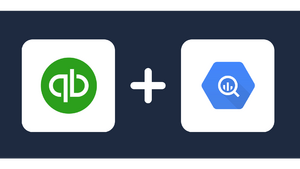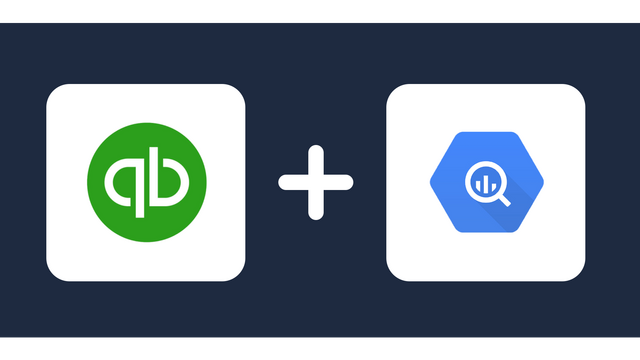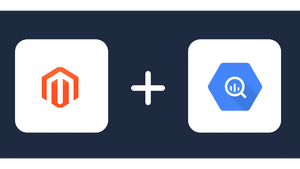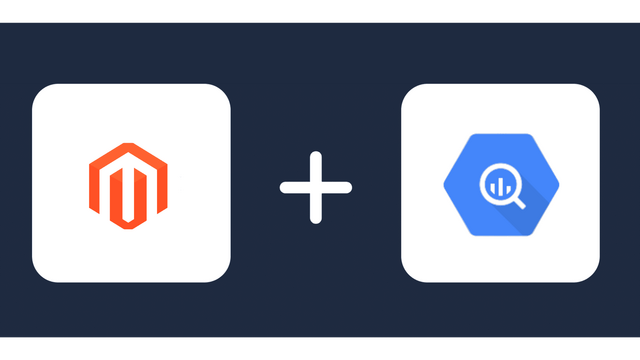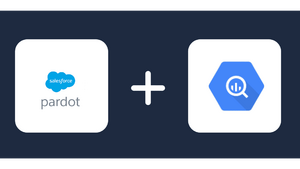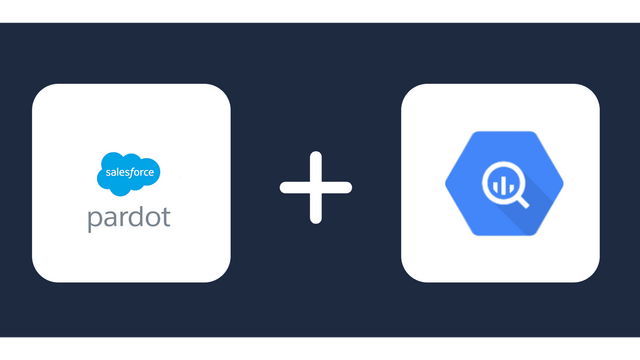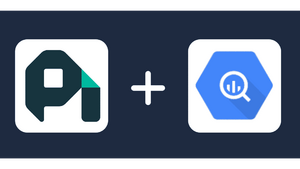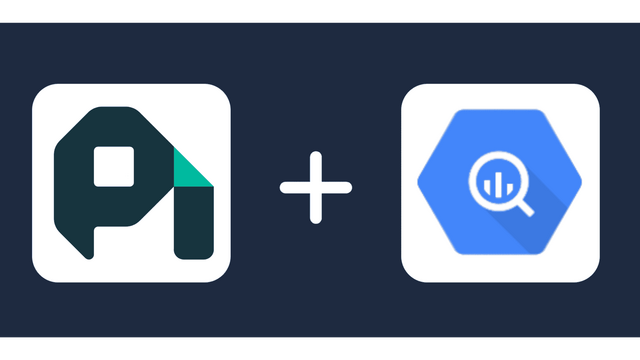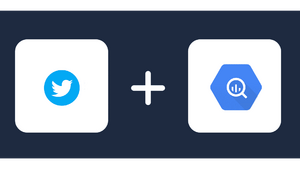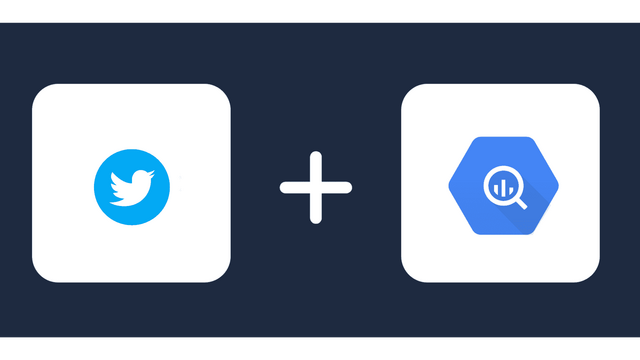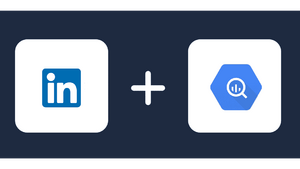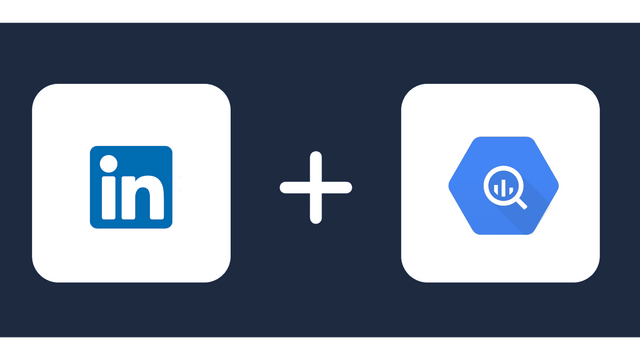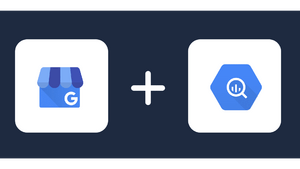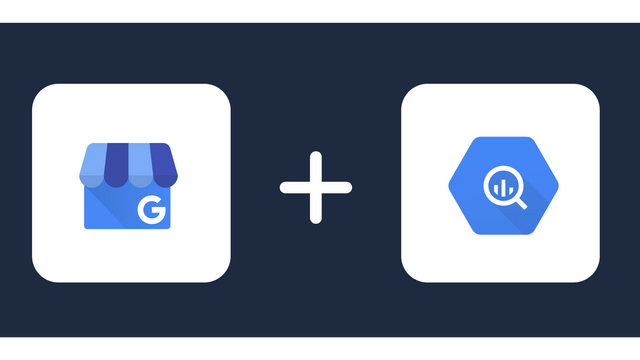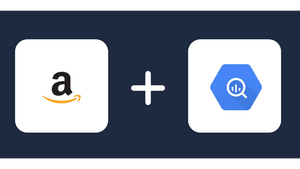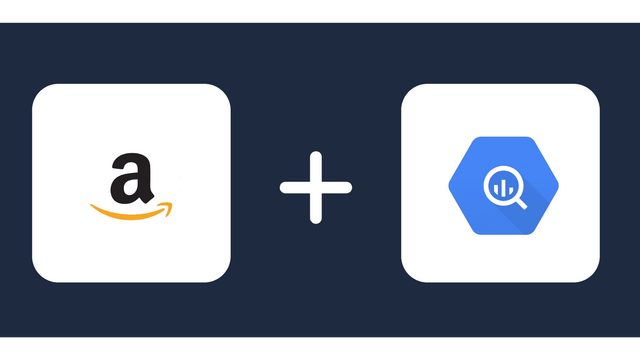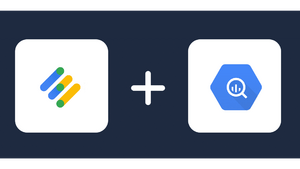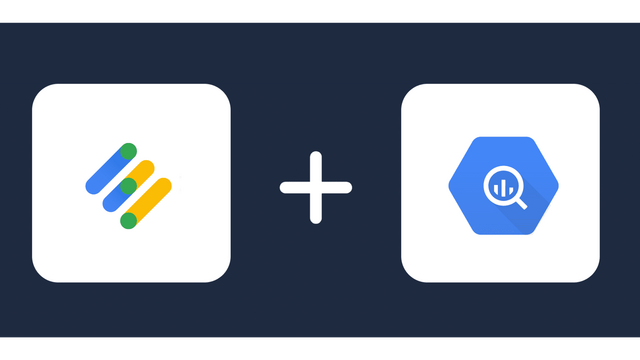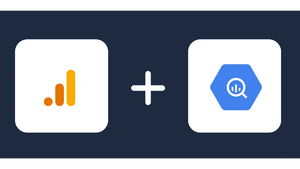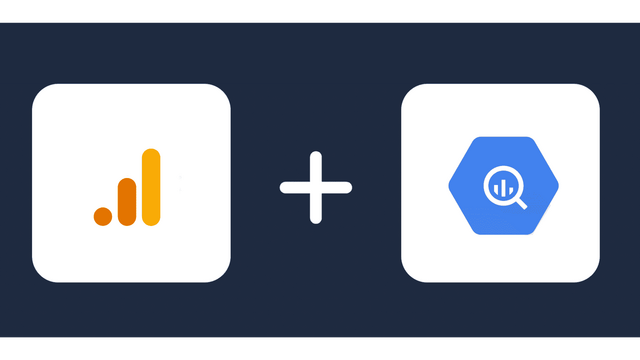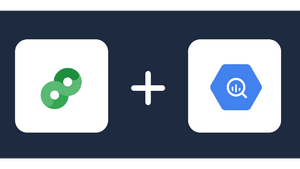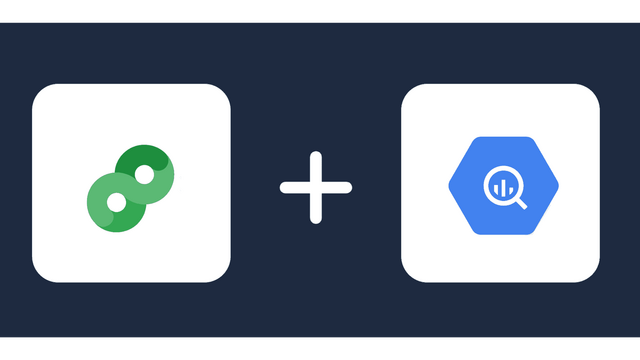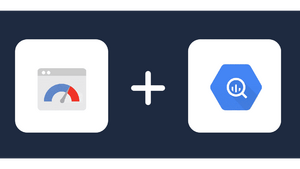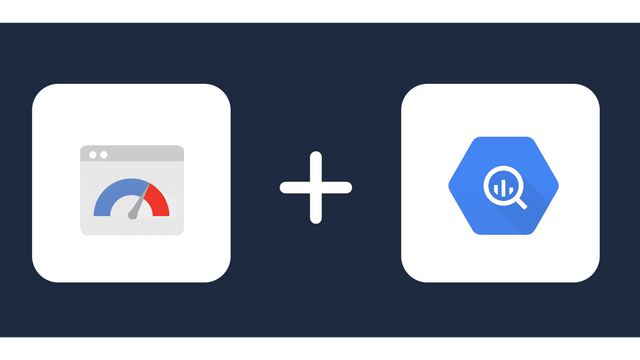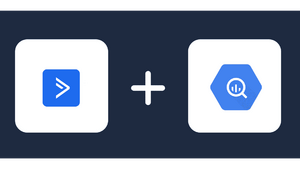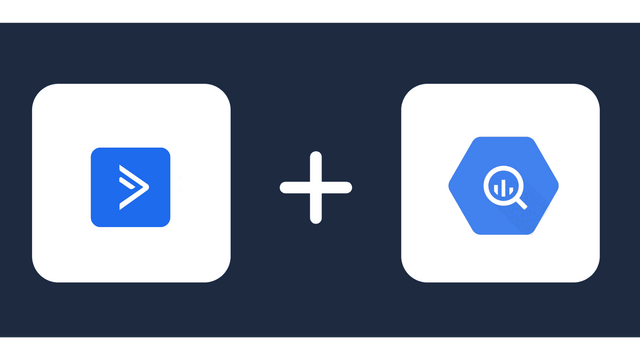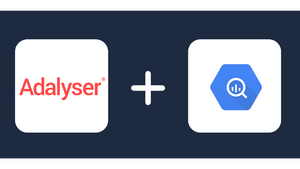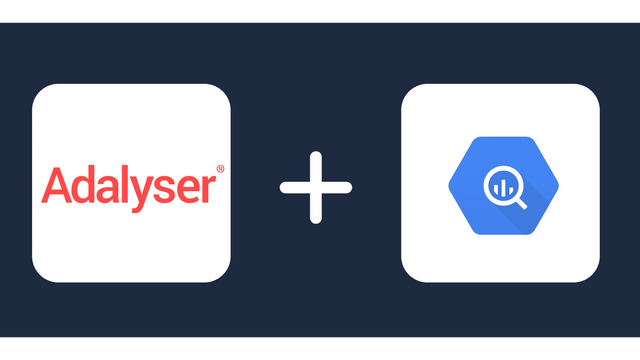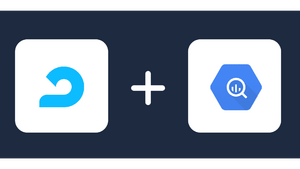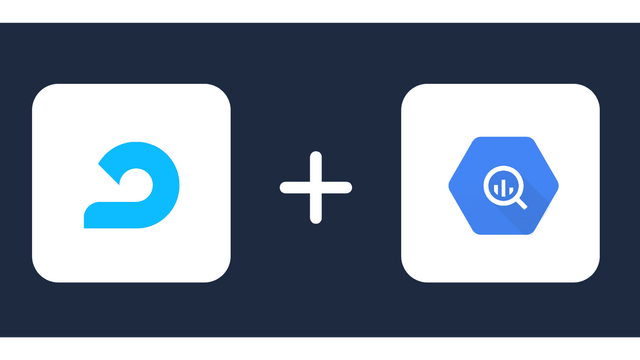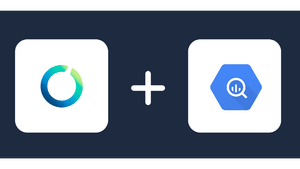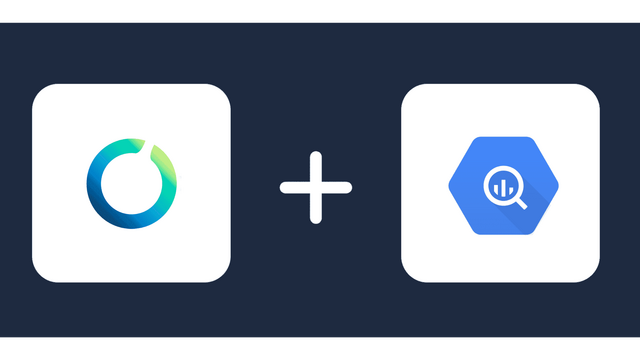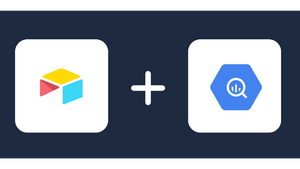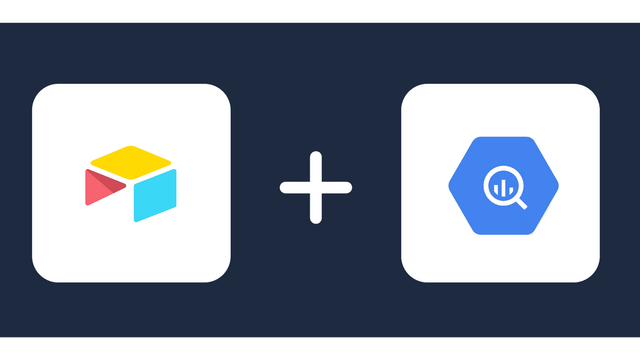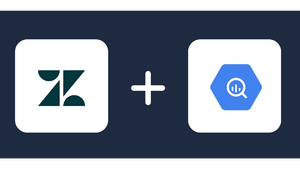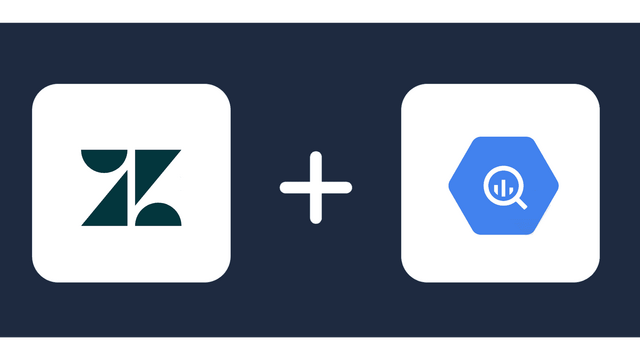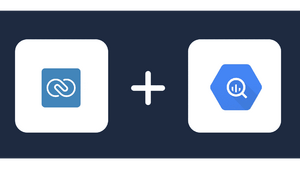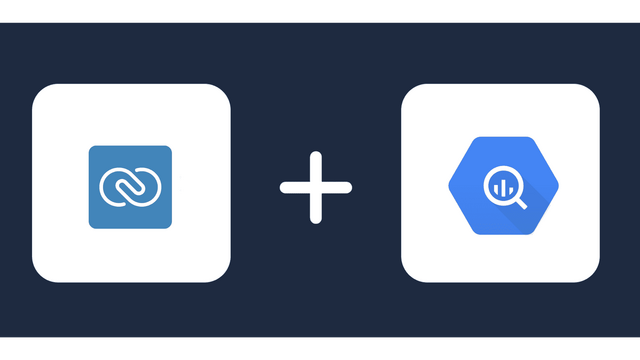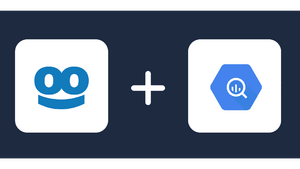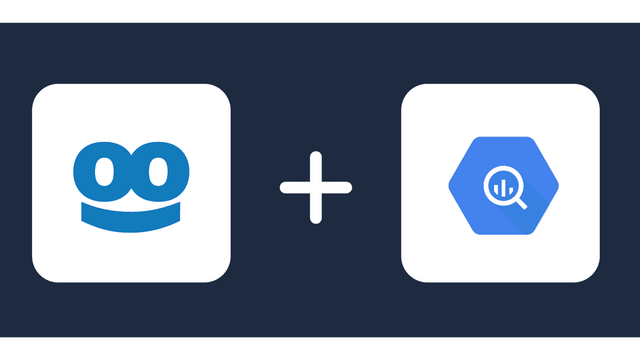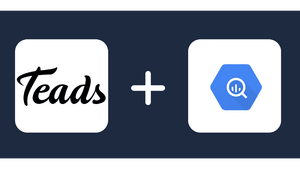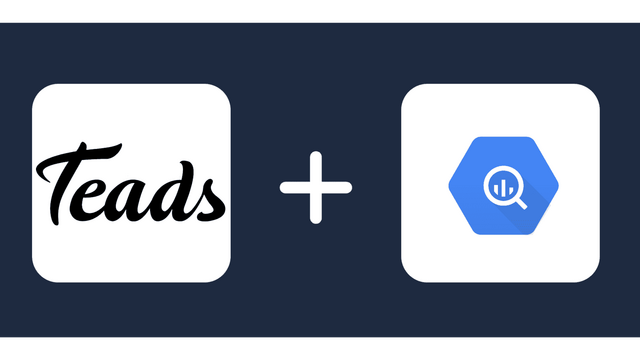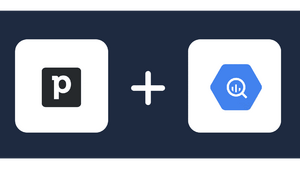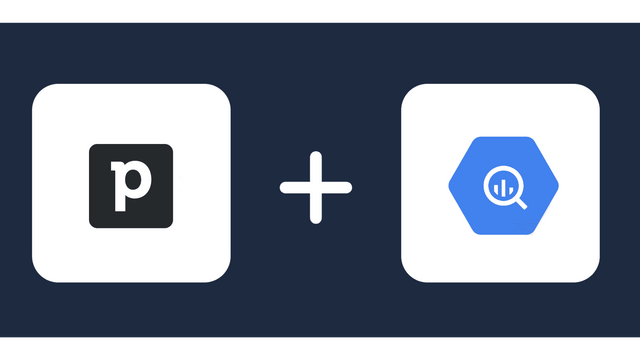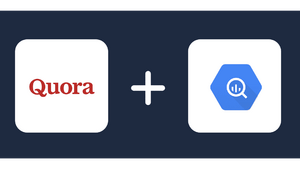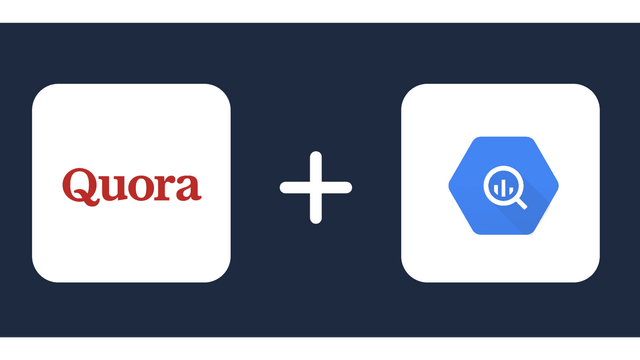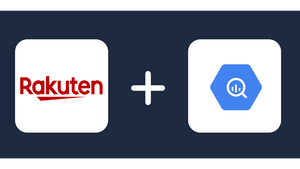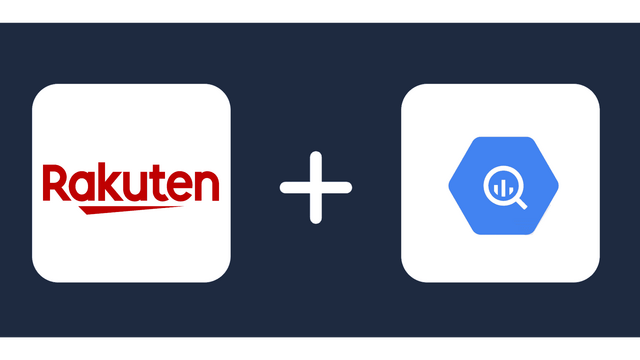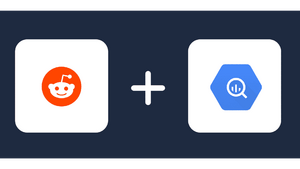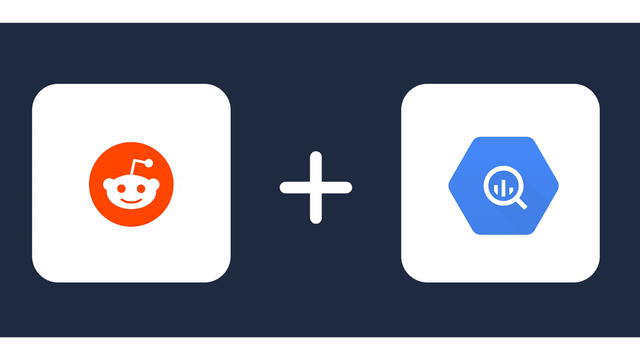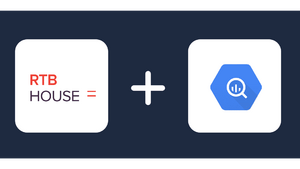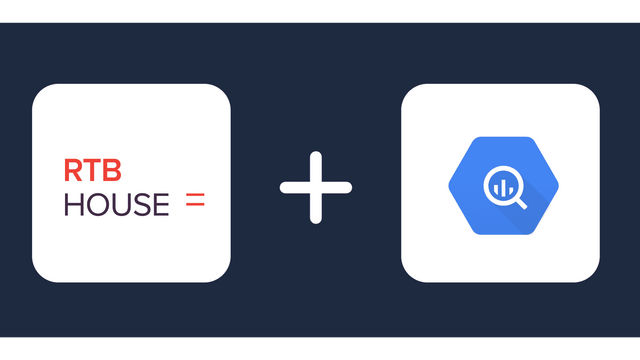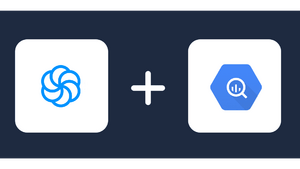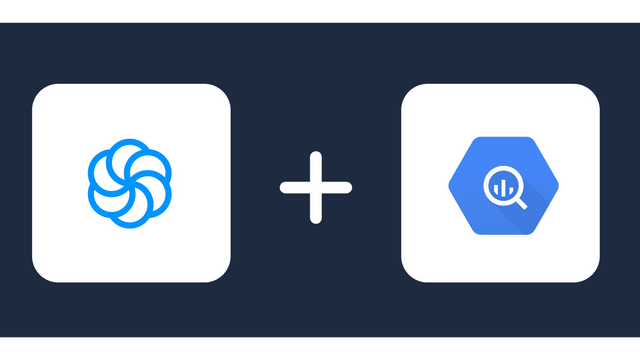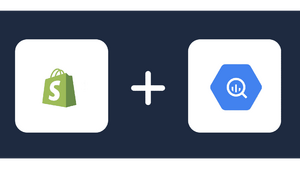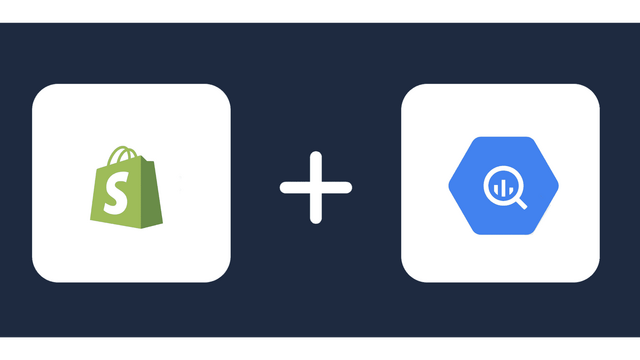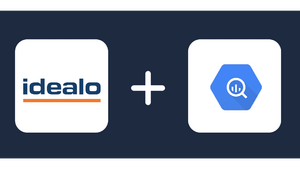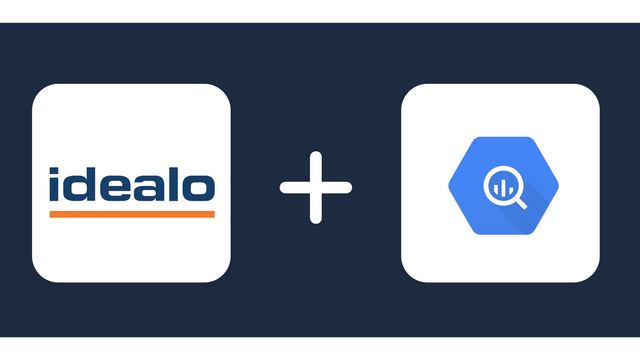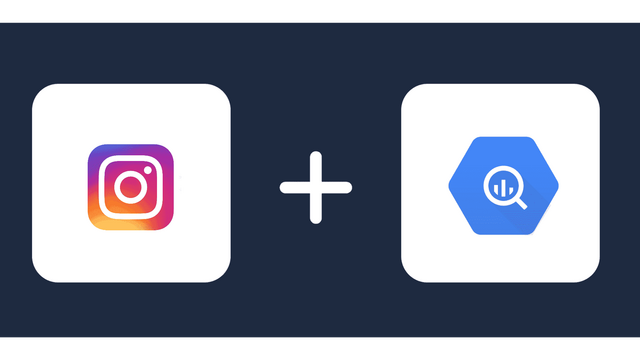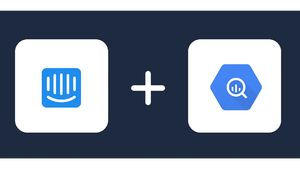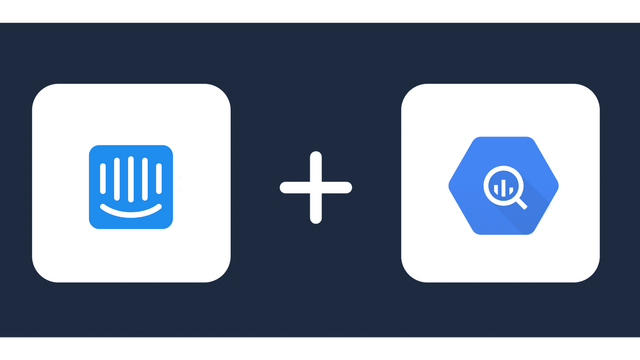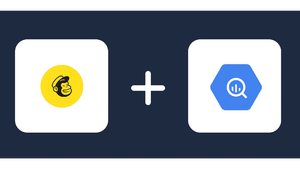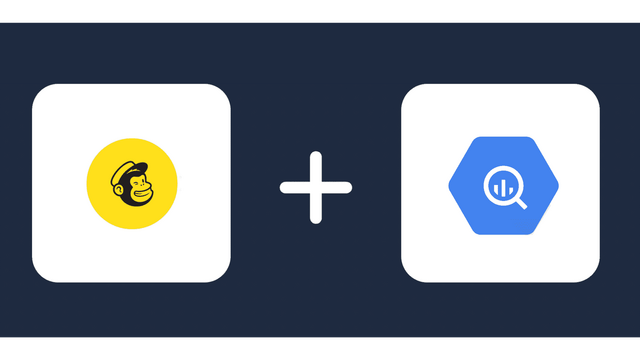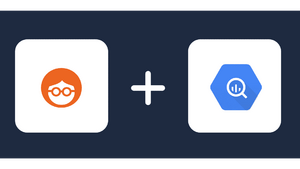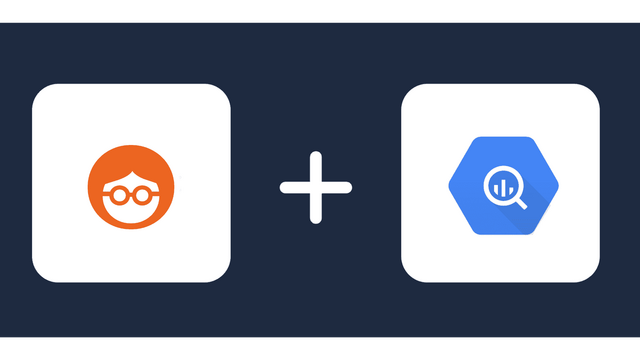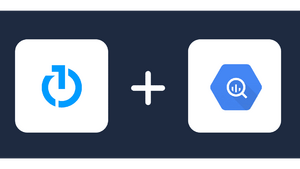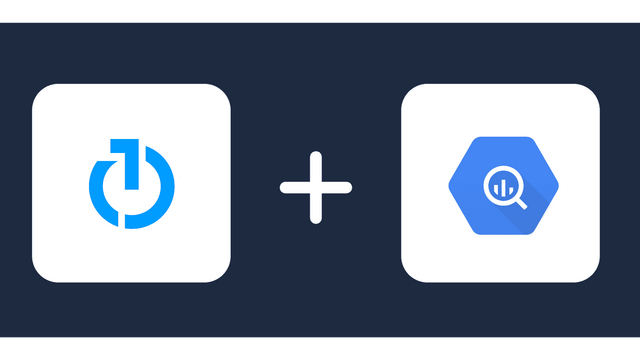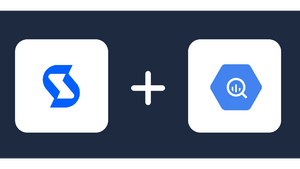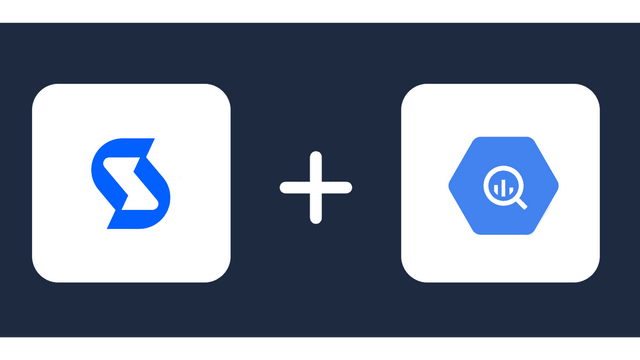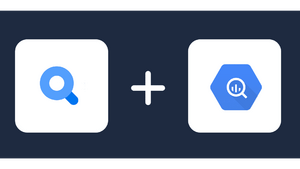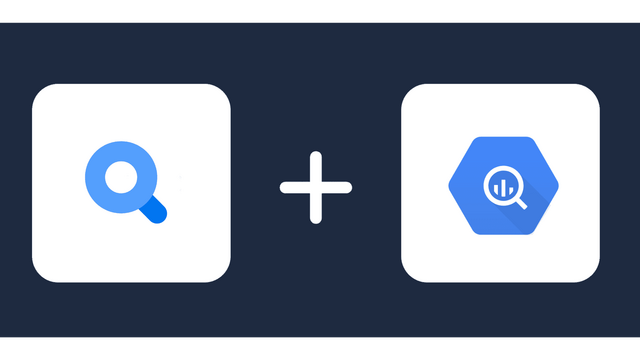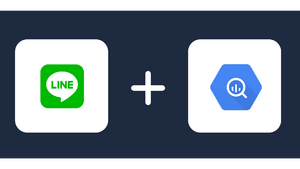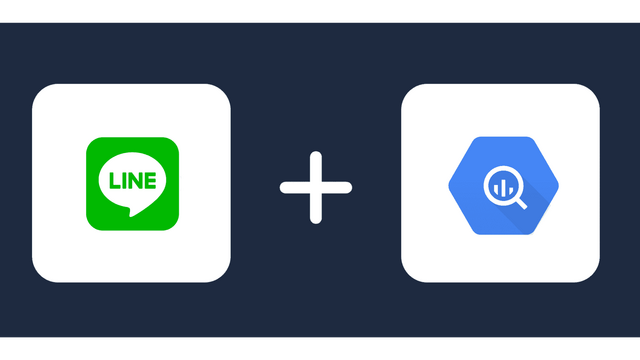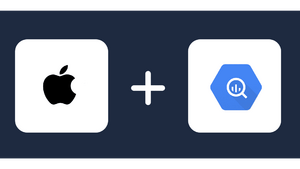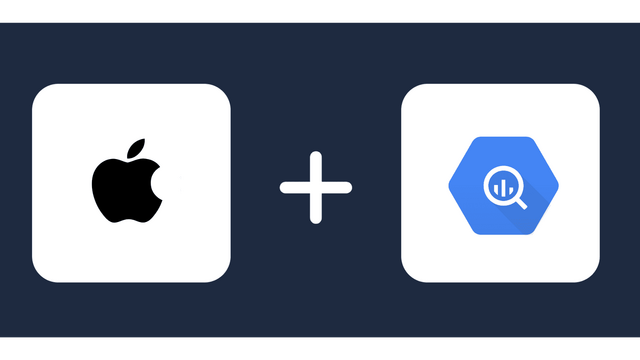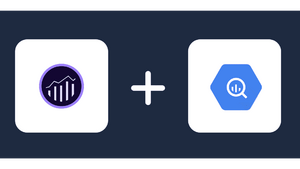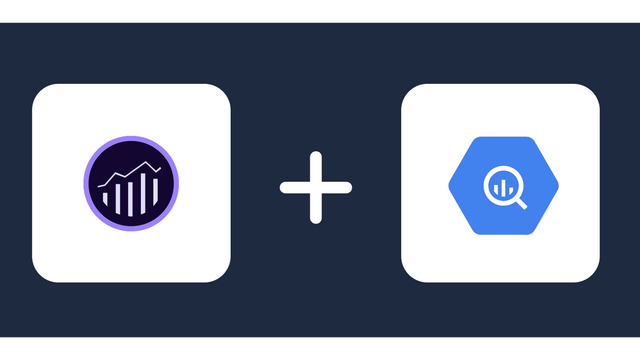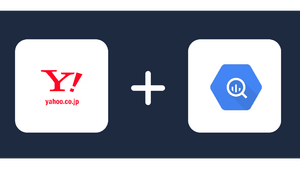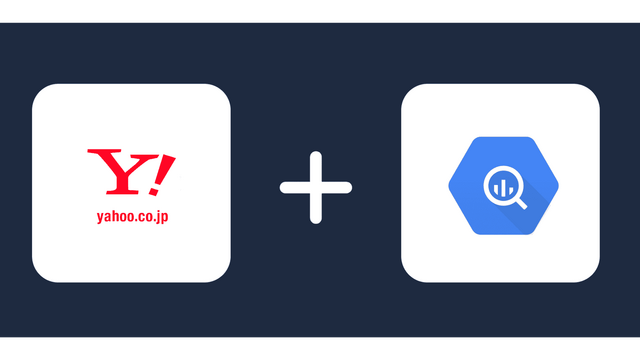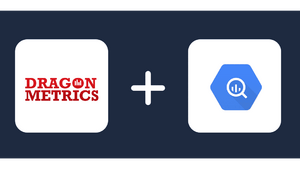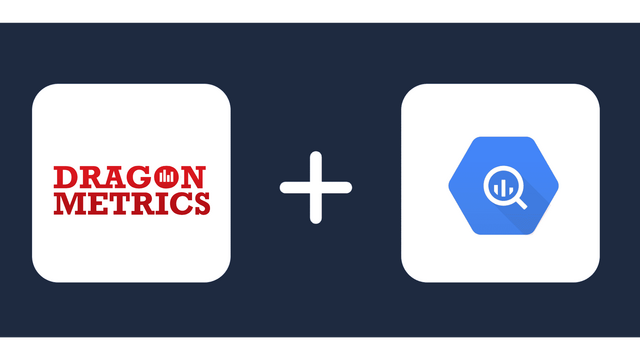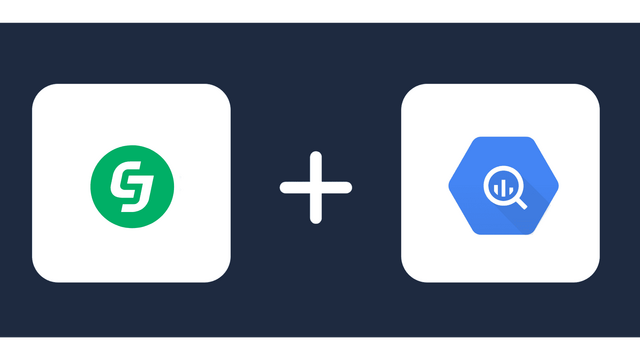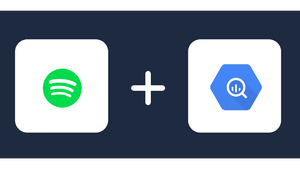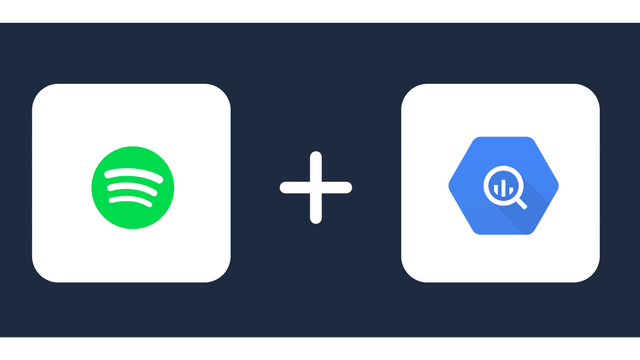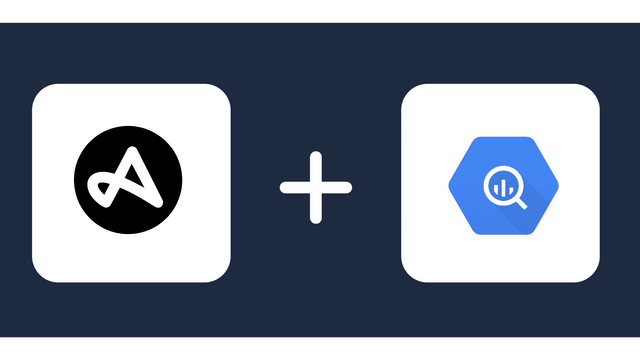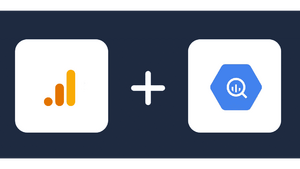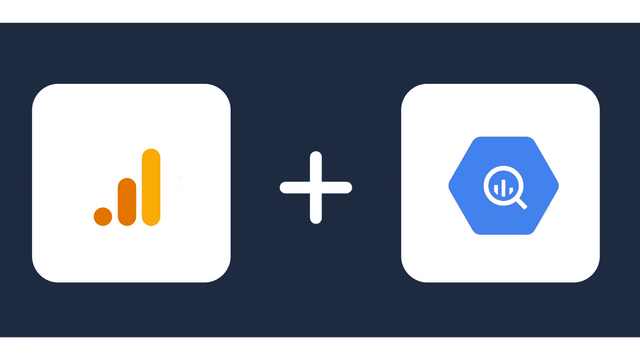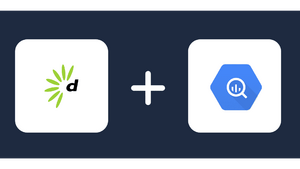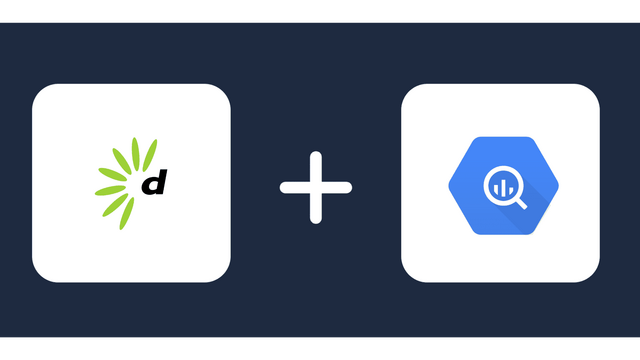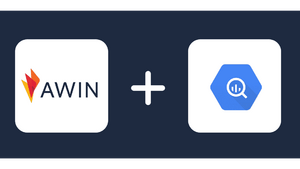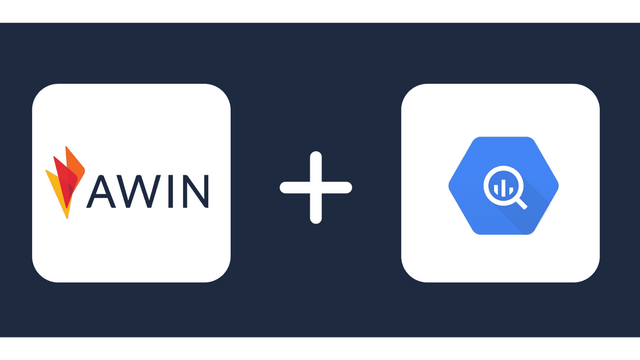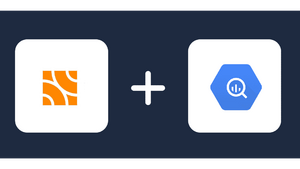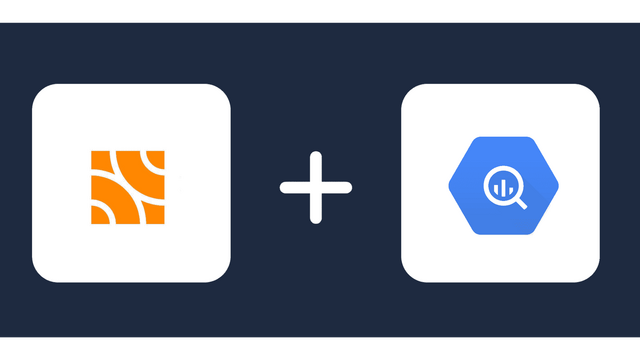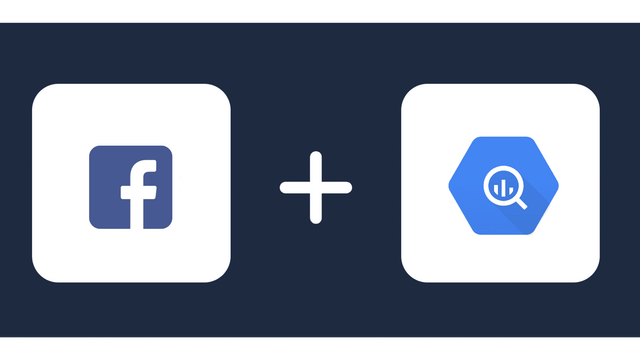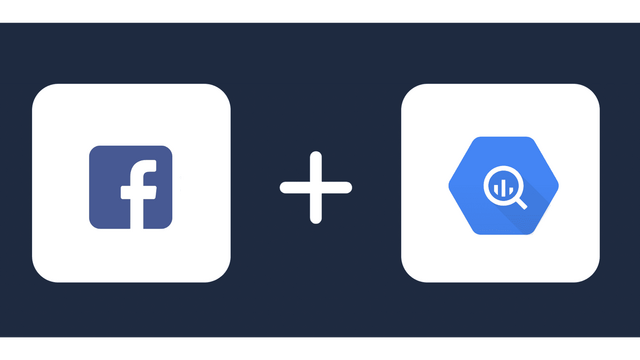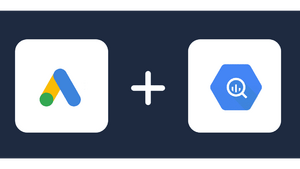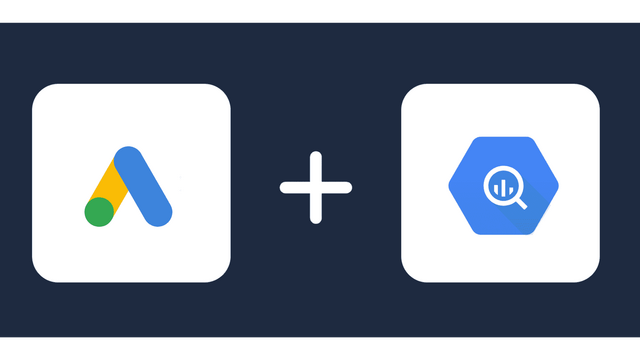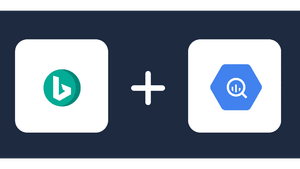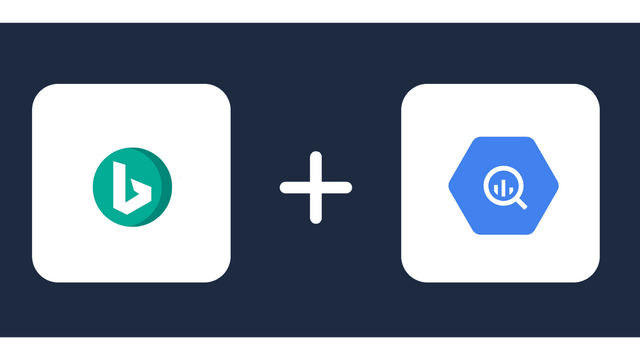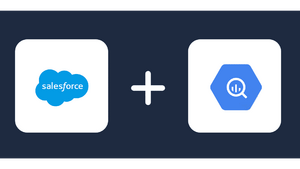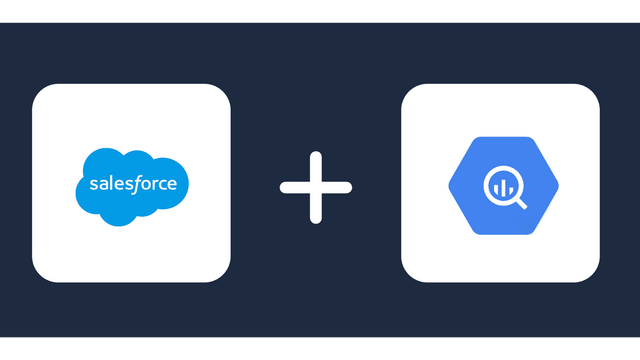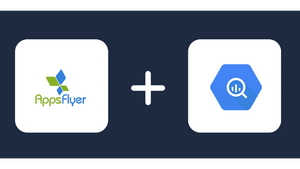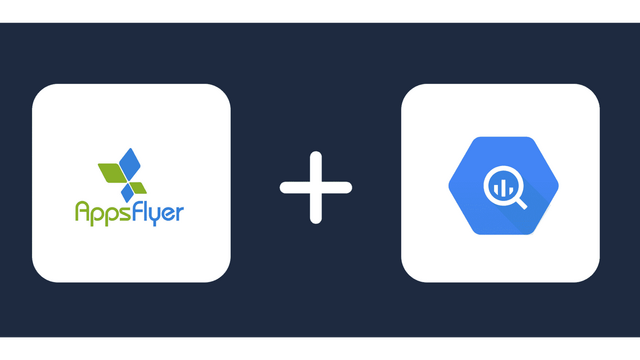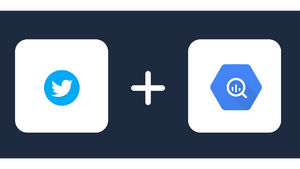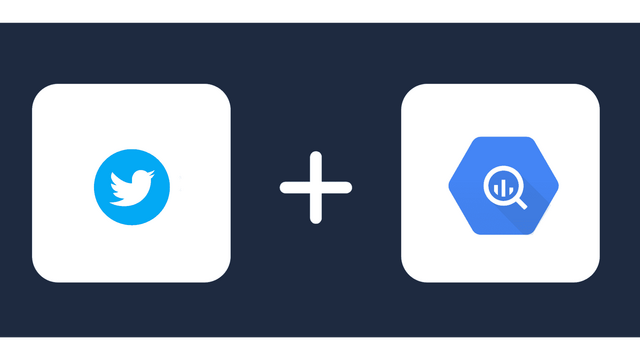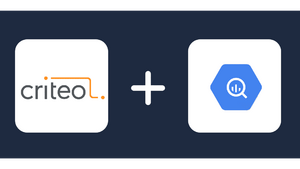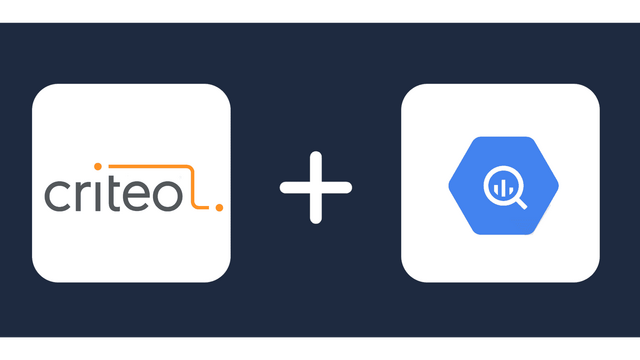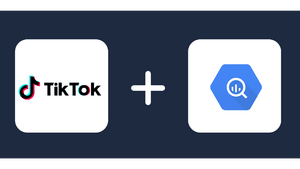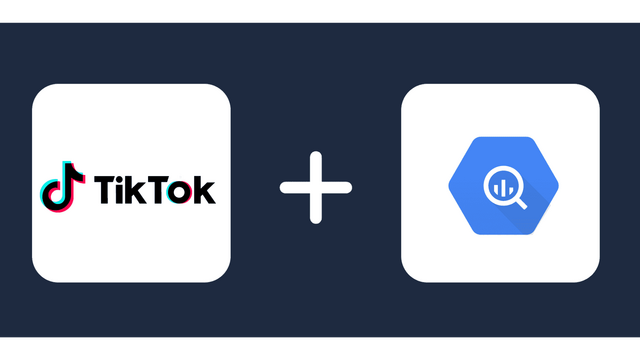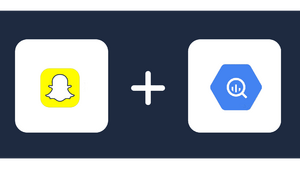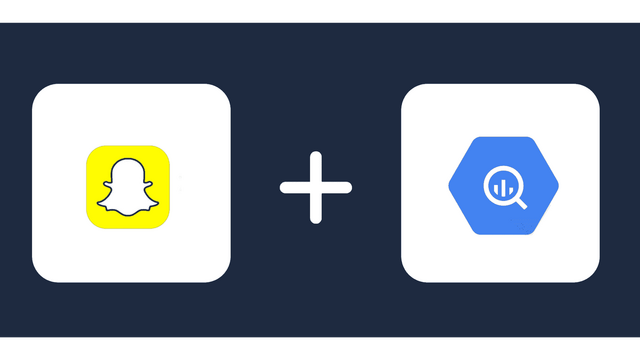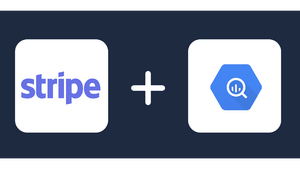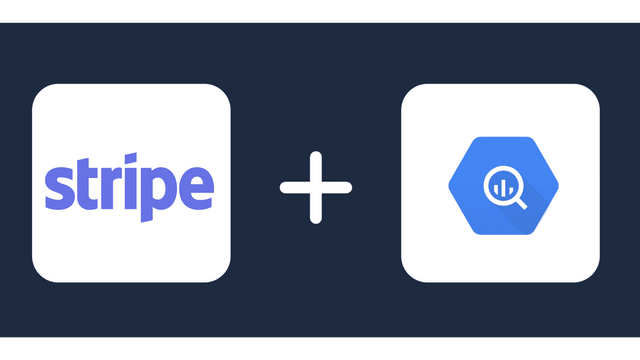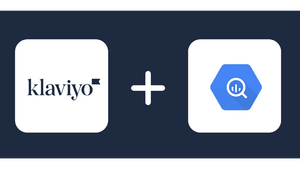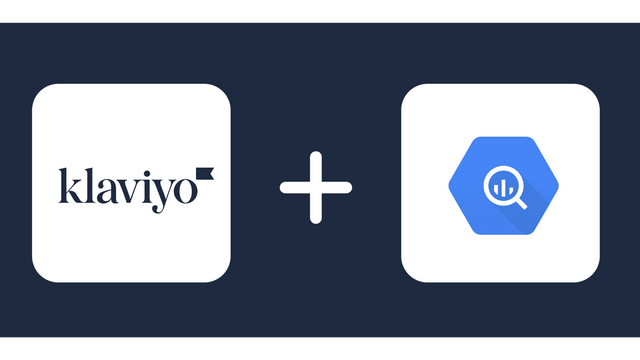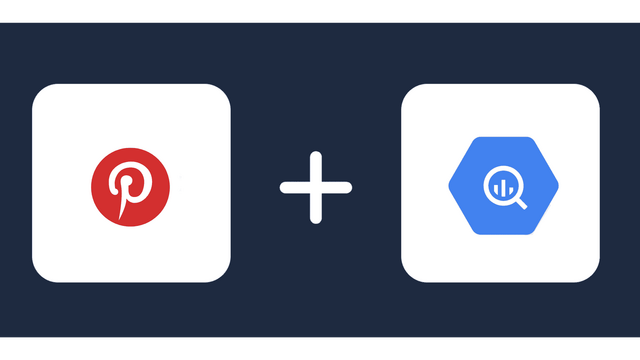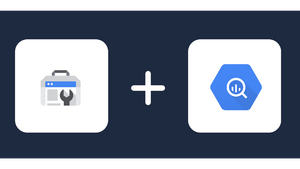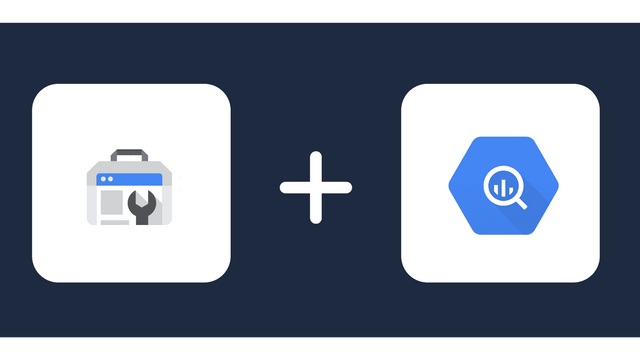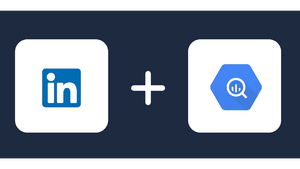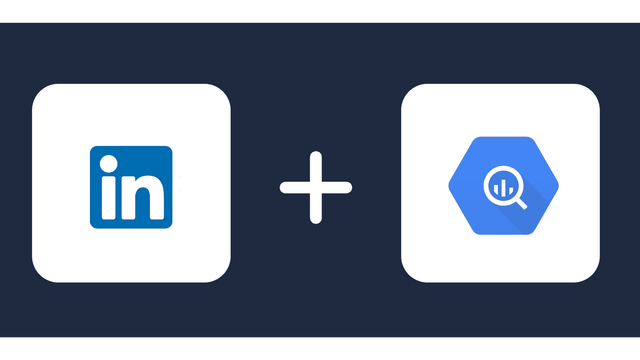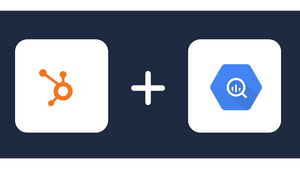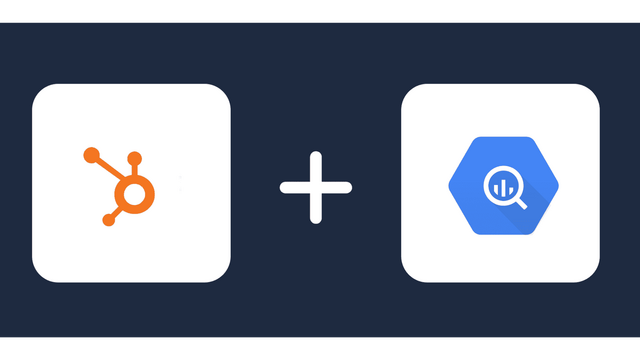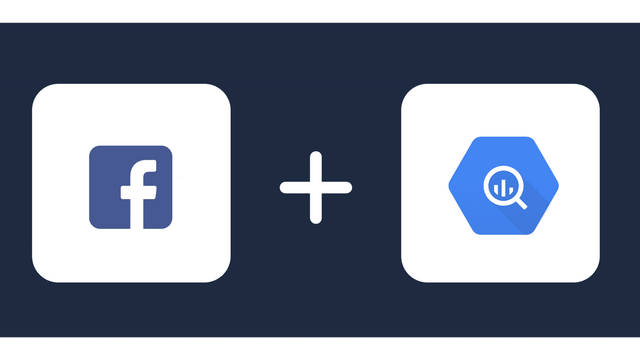Google BigQuery Integrations & Connectors
BigQuery is a powerful, AI-ready, managed data warehouse product by Google. It helps you store whatever data format is required for your organizational operations. With the help of Windsor.ai no-code tools, you can sync data from all your sources into BigQuery within minutes.
Data Sources for Google BigQuery
Why do I need BigQuery integration?
If BigQuery is your favorite data warehouse, you must ensure all your data is exported to BigQuery without a hitch. BigQuery connectors export data from your sources into BigQuery while ensuring the integrity of your data is maintained. Data integration in BigQuery gives you a unified view of the business, enabling organizational-level business intelligence applications. Here is how BigQuery integration can support your business goals and operations:
Store all data in a single warehouse
BigQuery integration enables you to store all data in a single warehouse. You can combine data from in-house ERP systems with online data from SaaS applications. Using connectors to transfer data to BigQuery is the easiest way to integrate the data. Storing the data in BigQuery, as a cloud-based analytics service, ensures that data is readily available for all business intelligence analytics. By storing the data, you can effortlessly analyze it to make decisions.
Automate data importing
BigQuery integration helps you automate data import from all your data sources and connectors. There is no limit to the number of data connectors you can integrate with BigQuery. With the right data connectors, your data can automatically sync on BigQuery. And the best part? You do not require technical coding skills or experience to automate data importing in BigQuery.
Automate reporting
BigQuery has features that allow you to generate automated reports from your data. Built-in machine learning features and built-in BI tools will help you automate reporting and save time. Adding to the fact that BigQuery is AI-ready, data integration also ensures you can generate AI-powered recommendations.
Maximize value from your business data
Synchronizing data in dataflows using automated connectors creates a unified view and analytics. The unified view of all business data gives an organization-wide view of performance metrics. Connecting to the unified business view can transform how teams interact in value creation for the firm.
What are BigQuery connectors?
BigQuery connectors are data integration tools that help you connect the BigQuery data warehouse to data sources. Connectors break the barriers between data silos, enabling the data to be synchronized into one dataset. With the synced data, the business can perform unified analytics for applications across the organization, enabling greater cooperation across teams and business units. Connectors are pre-built to fit the specifications of the data sources and BigQuery.
BigQuery data connectors are purpose-built. This means that each connector is designed to perform a particular role depending on the data formats of the sources you use. Consequently, you may require a separate data connector for each data source that your organization uses. With the power of AI and machine learning, BigQuery connectors are increasingly powerful. Some connectors will allow you to import data into BigQuery and, at the same time, allow you to export data to your analytics and visualization tools. The best BigQuery data connectors extract, transform, and export data without the need for coding skills or great effort.
FAQ
What is BigQuery?
BigQuery is a managed data warehouse by Google. It is a cloud-based solution that enables you to handle multi-engine, multi-format, and multi-cloud data. The most imperative fact to note about BigQuery is that it is a tool that powers big data analytics using business intelligence capabilities and artificial intelligence. With adequate technical skills, organizations can go beyond BigQuery analytics to develop machine learning models.
Is BigQuery a database?
BigQuery is not a database. Instead, BigQuery is a data warehouse that helps synchronize all your data in readiness for data analytics using business intelligence tools. While BigQuery stores your data, and you can query the data using SQL, you cannot use BigQuery to store data that powers applications. That is because BigQuery functions like an analytics platform with some functionalities similar to a database, but it is not a database.
